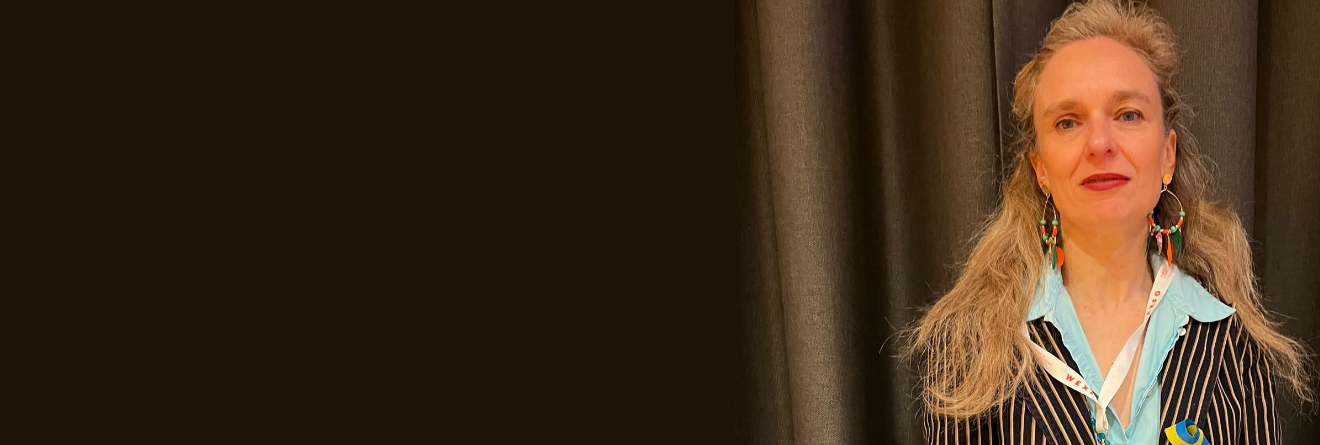Catherine Blache is senior counsel for international policy at SNE, the French Publishers Association. Netopia met her at Wexfo in Lillehammer in May, where she spoke on how the system for scientific publishing is being challenged and what is at stake. Netopia took the chance to ask three questions:
Why are you concerned for the scientific publishers?
Scientific publishers are faced with policies promoting immediate free access to scientific publications, with no previous dialogue and no previous impact assessment.
As a consequence, some publishers may be driven out of the market, especially SMEs publishing in local languages.
More worryingly, policies seem to aim at doing without scientific publishers.
Moreover the “open access” movement has been attacking the copyright system. In particular, French and European researchers are being advised against granting their copyright to publishers. Instead, they are encouraged to put their publications under a CC-BY Creative Commons licence: this is the most liberal as it allows all kinds of re-use, even commercial re-use. As a matter of fact, it is like inviting authors to give up both their economic and moral rights.
Another recent trend consists of favoring a model called “Diamond” for immediate OA. In this case the costs of publishing are not borne downstream by libraries buying a subscription, nor upstream by the institutions of the researcher. They would be left up to sponsors, public or private.
If the state were to replace scientific publishers, this could only be at the detriment of quality, diversity, economic efficiency and innovation, and therefore of freedom of expression and democracy.
Science is funded largely by public money – should not the results be free?
Over the last years, publishers have endeavored to answer the needs of researchers for an easier access to scientific publications. They facilitate access to archives of their publications after a certain embargo period, or they offer immediate free access to the articles against payment by the institution of the researcher.
In fact, the publication of articles resulting from publicly funded research is subject to a set of high digital publication costs borne by the publisher – whether state-owned or private. An author, a researcher can decide to grant his exclusive rights to a publisher.
This way, the publisher can expect to get a return on his investments to ensure the quality and provide digital services.
By favoring a single model allowing immediate open access thanks to subsidies, one could have a “de facto nationalization of knowledge” as some French MPs called it (Report of March 9th, 2022 of the Office parlementaire d’évaluation des choix scientifiques et technologiques (OPECST) Pour une science ouverte réaliste, équilibrée et respectueuse de la liberté académique) [pdf].
This could only benefit the Big Tech, who could harvest this content without having made the initial investment nor ensured the quality of the original content. They could offer their own products, and therefore make a profit on the basis on the value created by researchers and publishers: using them to train their AI, integrating them in their own databases and therefore increasing their advertising revenues…
What needs to be done to fix the problem?
In order to preserve the balance of the scientific publication system, one should first have a stakeholders dialogue, as well as economic and legal assessment of considered options, in particular on the rights of researchers and the normal exploitation of publications. Following the pandemic, the challenge of proliferation of fake news and the rise of extremism, political decision-makers should keep the quality of science and academic freedom at the center of their policies.
Footnote: Mme Blache wishes to share this link to an opinion (in French) published by Le Monde earlier this year, written by SNE President Vincent Montagne: Sciences : « Enrichir Microsoft, Meta ou Google au détriment des éditeurs privés serait une erreur » (lemonde.fr)


